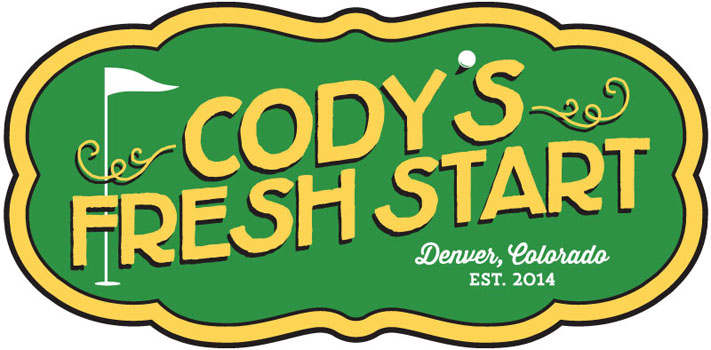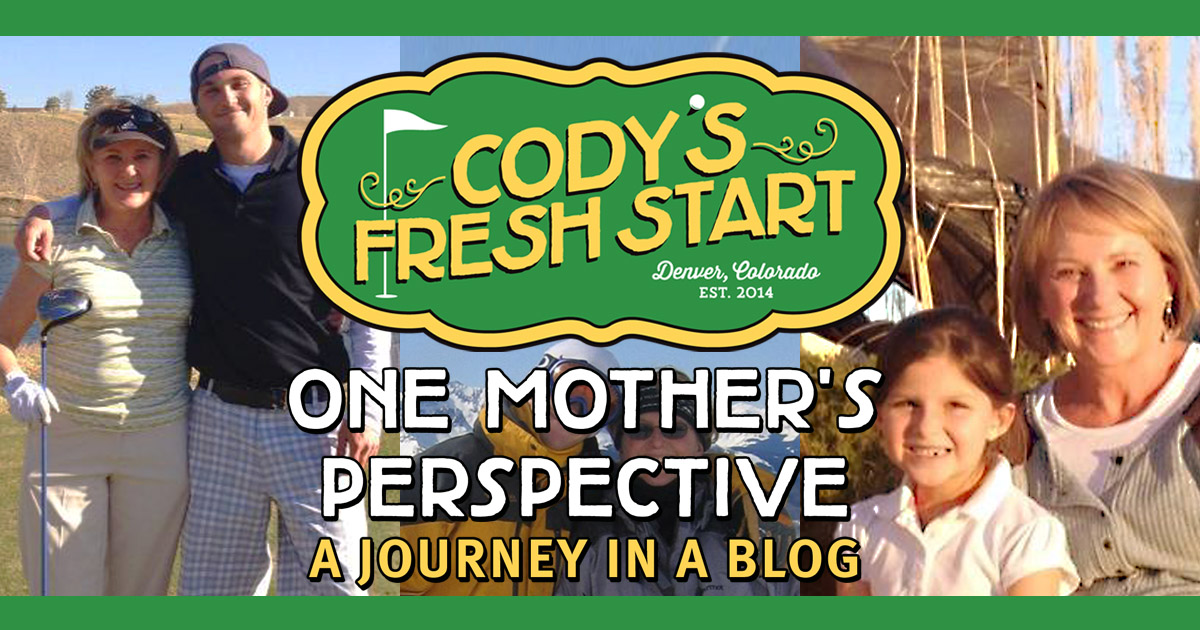By Mary Cucarola – 1/16/20
“Whisper words of wisdom, let it be.” The Beatles
Why do we, as family members with loved ones who have substance use disorder, need recovery? Isn’t it them who have the problem, not us?
Addiction is a family disease.
By choosing to recover from the effects, we become able to stop playing our part in the family disease. Suddenly it’s no longer comfortable for our loved one to continue with the disruption and chaos. While we continue to love and support them, the disease is left unsupported by our new reactions. We stop neglecting our own needs and lean toward acceptance.
I didn’t understand this family dynamic until I learned more about the disease and my part in it. I wanted the best for my son and had a hard time letting him face the consequences of his actions. I had an obsession to fix, save, enable, hide, or whatever it took to take the pain away for a moment or two, for both of us. 
I worried about my son continually, not able to focus on much else. This kind of obsession is a mirror image of addiction. Although family members do not damage their brains, the damage is to their health – spiritual, emotional, and physical health. The life gets sucked right out of us, and we let it happen because we don’t reach out for help.
My son’s addiction broke my heart, but I didn’t like to admit it was happening to my family, just like the addict doesn’t like to admit they have a problem. I thought I could figure it all out on my own and get my son sober.
It is a vicious cycle of denial until someone breaks out of it.
I found myself haunted by insecurity, fear, guilt, shame, and an overwhelming need to control every situation and person I encountered, secretly blamed myself, feeling I was the cause of the trouble, and that I should be able to overcome it with love, hard work, intelligence, or perseverance.
Let me tell you, love does not cure addiction. Neither does guilt or shame.
I got ulcers, gained and lost weight, drank too much wine, had suicidal thoughts, started taking antidepressants, became angry, lost my sense of humor, and isolated myself. I stopped doing everything I loved to do. Wellness was not in my vocabulary – it was for other people who didn’t have my problems. Lucky them, I thought.
I finally reached out for help. It felt uncomfortable at first to give myself the attention that I thought my son needed – it seemed selfish. But, just as airline passengers are instructed to put on their own oxygen masks before helping their children with theirs, we must learn to attend our own well-being first. We need to give ourselves the love, care and attention we always give others. We deserve it, even if the needs of others have to wait.
Recovery, for me, was putting the pieces back together and becoming whole again. I felt so broken. My recovery from the effects of my son’s addiction didn’t happen overnight, without help, or in isolation.
Recovery is not a do-it-yourself project.
I ended up with a team of support around me, who understood addiction, and really cared about my well-being. I had no idea what tragedy was to come later, but at least I had become a stronger, healthier person before I faced it. If I hadn’t had any recovery before my son died, I don’t know where I would be today.
Recovery is a process. It is a gradual, healing, and spiritual process. It is truly a journey rather than a destination. One thing leads to another and things get better.
I had to find the wisdom to let others be and save myself before and after my son died from this heartbreaking disease.
Mary Cucarola – 1/16/20

